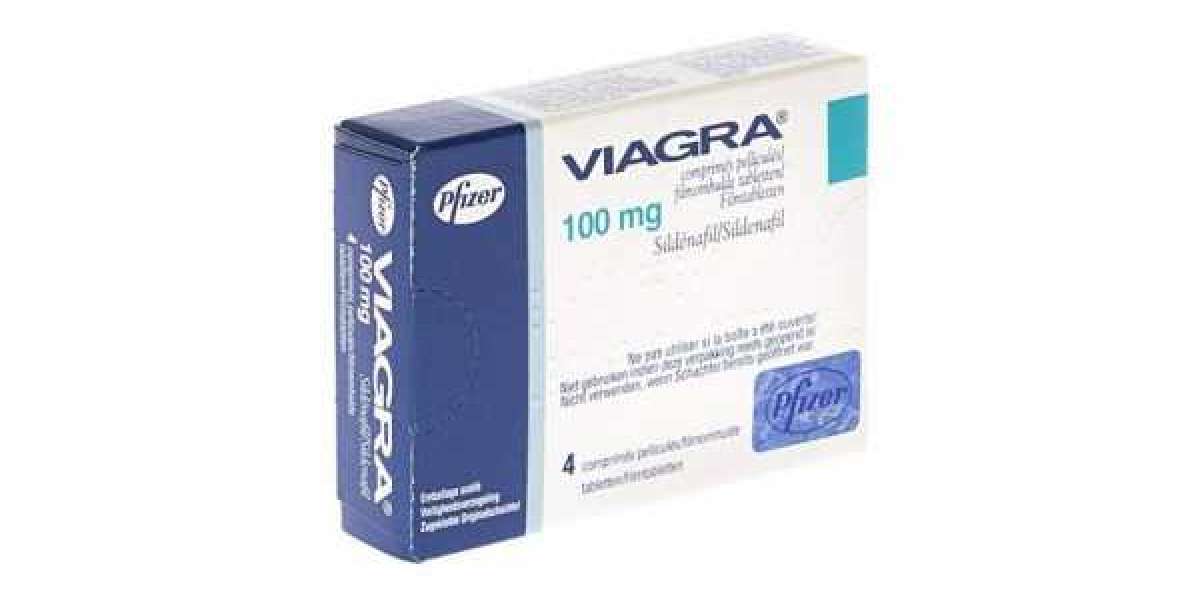Glutathione and Heart Health
Heart attacks continue to be the leading cause of death in the United States. Glutathione's capacity to neutralise the "lipid oxidation" (fat oxidation) process may help to avoid heart attacks and other forms of heart disease.
Almost all heart diseases begin with the buildup of arterial plaque within the artery walls. Bad cholesterol (LDL) is a lipid that has been oxidised and affects the lining of blood vessels, resulting in plaque formation (atherosclerosis).
These plaques can clog your blood arteries and obstruct blood flow, resulting in heart attacks or strokes when they rupture and break off.
S acetyl glutathione prevents superoxides, free radicals, hydrogen peroxides, lipid peroxides, and peroxynitrites from causing lipid oxidation and wreaking havoc on your health with the help of an enzyme called glutathione peroxidase.
Glutathione helps to prevent damage and reduces the risk of heart attacks in this way.
Those who died of heart attacks showed considerably lower levels of glutathione peroxidase than those who survived a study of 643 cardiac patients who had coronary angiography in Germany.
We are at a higher risk of heart disease and cardiovascular events if we don't have enough glutathione to counteract artery damage.
Inflammation is combated by glutathione.
Is it true s acetyl glutathione supplements can aid with inflammation? In reality, glutathione does wonders in the fight against chronic inflammation!
For the past decade, inflammation has been a popular topic in the natural health community; however, many people still don't understand why inflammation is at the foundation of so many of the health issues that Americans face today.
Inflammation is found in nearly every chronic condition, including diabetes, heart disease, and cancer. Inflammation, on the other hand, is beneficial and necessary (in short bursts) in the battle against infectious invaders.
An inflammatory response can also be triggered by an injury. Your immune system responds the same way whether you're talking about trauma, infection, poisons, or allergies.
To allow your body's natural healing ingredients to reach the injured region as rapidly as possible, the blood vessels in the injured area enlarge and open wide. Fluid and immune cells rush the area in large volumes as a result of the increased blood flow.
The physical signs of acute inflammation, such as redness, discomfort, stiffness, and swelling, are caused by an increase in permeability of the blood and lymph vessels. The acute inflammatory reaction usually decreases and disappears when the infection or injury has been treated.
When you need it, the inflammatory response comes to your aid, and once the healing is complete, it cools down. However, we do not live in a perfect world.
In the real world, environmental contaminants, your food, stress, and other lifestyle factors have inhibited the system's checks and balances, causing inflammation to persist and not reduce as it should. As a result, many people suffer from chronic inflammation throughout their bodies.
You're in big trouble if this happens. You'll need a lot of extra defence. This is where glutathione comes in.
By instructing and affecting our immunological white cells, glutathione (GSH) regulates when inflammation rises or falls as needed. This is a fundamentally different mechanism than the antioxidant effects of the substance.
Chronic inflammation is reduced and immunological function is restored when glutathione levels are rebalanced.
The Immune System and Glutathione
S acetyl l glutathione aids in the maintenance of a healthy immune system that is ready to battle infections. While vitamin C appears to get all the attention when it comes to immunity, glutathione is the unsung hero who deserves to be the centre of attention.
Active glutathione (GSH) primes white cells like natural killer (NK) and T cells, your body's front-line infection fighters, according to research. GSH-enhanced T cells produce more infection-fighting chemicals, allowing them to combat both bacterial and viral infections.
After just six months of administration, GSH quadrupled the ability of NK cells to be cytotoxic (kill intruders) in one clinical investigation. Glutathione has a significant antibacterial impact because it aids macrophages in fighting Mycobacterium tuberculosis, the bacterium that causes tuberculosis.
In another study, researchers discovered that GSH affects adaptive immunity and protects against microbial, viral, and parasite diseases by modulating the behaviour of various immune system cells.
Many chronic illnesses can deregulate and inhibit the immune system, including EBV, hepatitis, herpes viruses, and Lyme disease, to mention a few. This inhibition can be modulated and reversed using glutathione.
Glutathione levels that are out of equilibrium appear to be a hallmark of autoimmune disorders.













